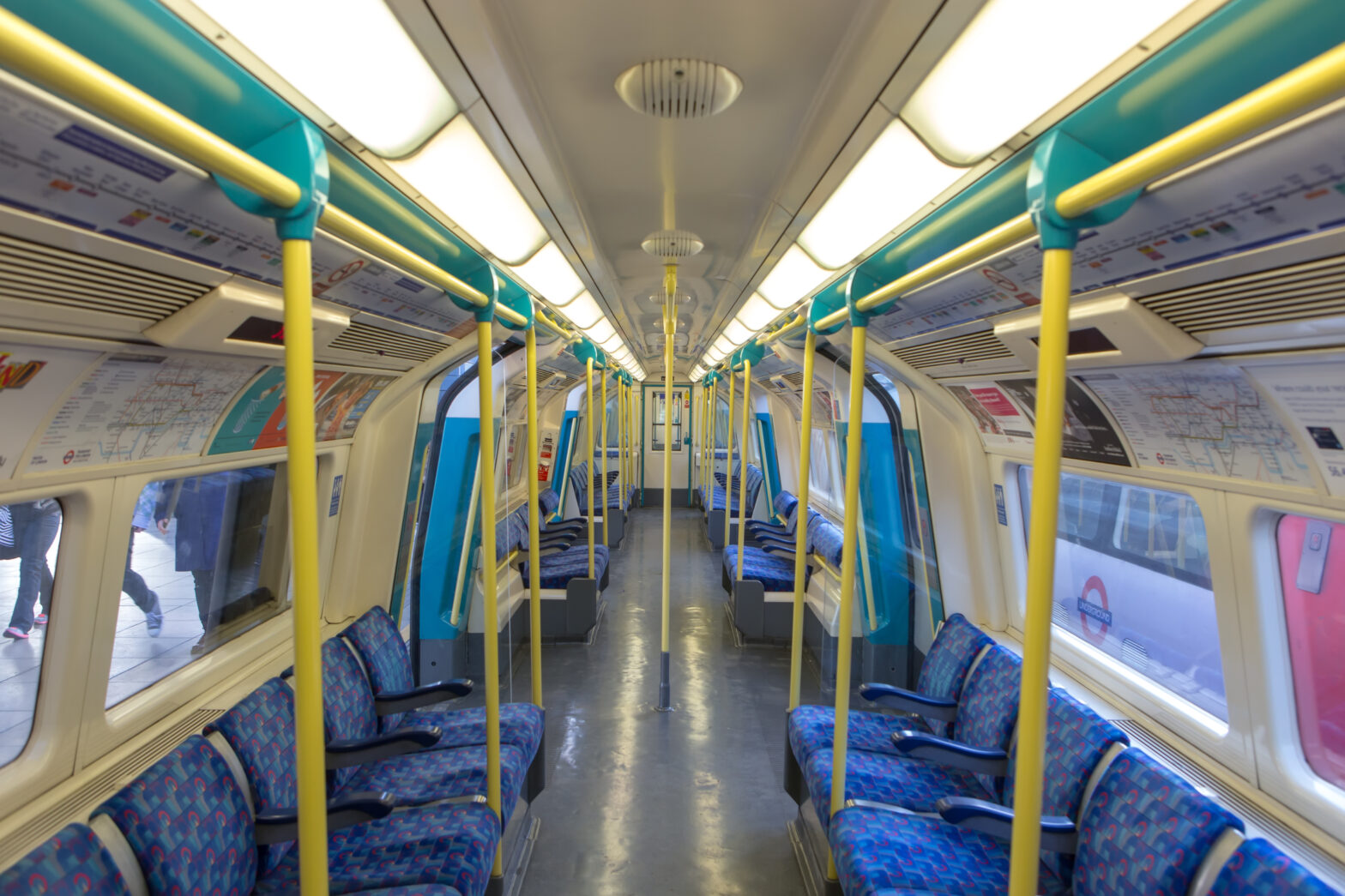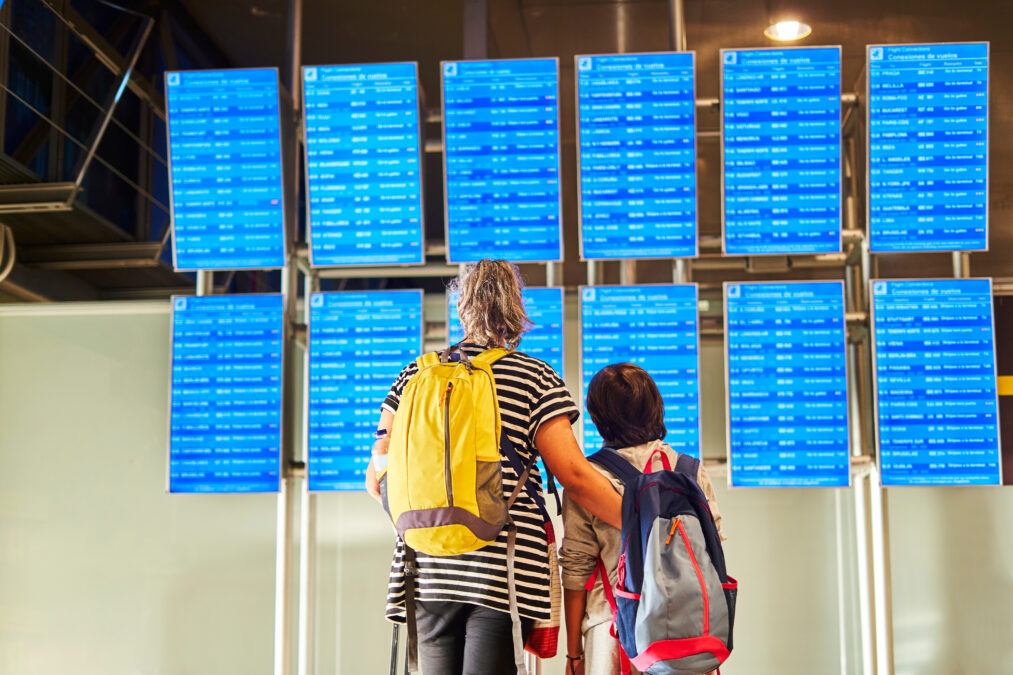Arguments about the wisdom of splitting up London’s underground railway system into three different parts, each maintained by separate groups of private companies, are nothing new. They raged for four years, after the UK government proposed a public-private partnership (PPP) for the creaking Tube network in 1998; and if anything, they grew in intensity after the PPP became a reality in late 2002. Now, the stage could be set for a new row, this time over the newly fragmented Tube network’s increasingly ‘stove-piped’ approach to technology.
The issue centres on a core business applications software contract awarded to Oracle by Tube Lines, one of two consortia that manage the Tube infrastructure, including signals, escalators and track, on behalf of London Underground Ltd (LUL). Oracle is supplying an enterprise resource planning (ERP) suite of applications to Tube Lines in a deal reputed to be worth tens of millions of pounds.
The problem, say critics, is that LUL has already begun implementing an ERP suite based on software from SAP, dashing any hopes for a single, consolidated IT infrastructure for the Tube, with IT skills and resources shared across the network.
Integration is not only a good thing in public transport, it comes in handy in IT too, says Alan Pelz-Sharpe, an Ovum analyst who has advised LUL on its use of technology in the past. His concern is two-fold: first, that the Oracle contract may be an indicator of a wider trend in which individual IT managers are failing to collaborate properly and are creating islands and silos of technology, underpinned by potentially contradictory business processes; and second, that, one day, Tube Lines will no longer be responsible for managing part of the network and LUL will then take back a fragmented IT infrastructure.
“At some level, you have to think of the whole and manage the flow of information holistically,” says Pelz-Sharpe. “My hope is that the London Underground as a whole understands this need, and addresses it with truly joined-up thinking. The consequences of not doing so are deeply worrying.”
Critics of the PPP will doubtless cite the divergence over enterprise applications suppliers between LUL and Tube Lines as just the sort of thing that happens when a single, integrated system is split up. They might have a point. But Tube Lines could argue, quite reasonably, that Oracle can integrate with SAP. All the same, Pelz-Sharpe says that linking Oracle with SAP is an organisational as well as a technical challenge, and rarely comes cheap.
Wisdom of oracle
But why the divergence? To answer this question, it is helpful to consider the make-up of the Tube Lines group.
The consortium, which declined to comment for this article, consists of three companies: US engineering giant Bechtel, UK rail contractor Jarvis and UK support services specialist Amey. Two of those have had their problems in recent times – Amey suffered serious financial difficulties around two years ago, while Jarvis, under severe financial pressure itself, admitted last month that it was considering the sale of its holding in Tube Lines.
The turmoil among Tube Lines’ shareholders could have influenced the decision to award the enterprise applications contract to Oracle, say observers. The consortium’s IT executives may have been under pressure to keep costs as low as possible, they argue.
One way to have ensured this would be to rely not just on internal IT skillsets but also known IT suppliers. There is some evidence that this has been the approach adopted by heads of IT at Tube Lines. Steve Hurrell, the group’s finance director, for example, oversaw an Oracle applications implementation in 2001 during his time with Jarvis. And when Tube Lines came to replace an in-house system for logging maintenance jobs last year, one of the companies that won through the lengthy sourcing process was CRMworks, a UK systems integrator that has had a long relationship with Jarvis.
Drawing on existing Oracle skillsets, and rewarding good-performing IT suppliers, may be a sound short-term strategy for Tube Lines. But pressure is building on the consortium to deliver: it was fined £7 million for delays arising from a train derailment at one of its busiest stations, Camden Town, and it met only one-quarter of its punctuality targets last year. If it transpires that its IT systems are not easily compatible with those of LUL, the pressure could eventually extend to its IT staff.










